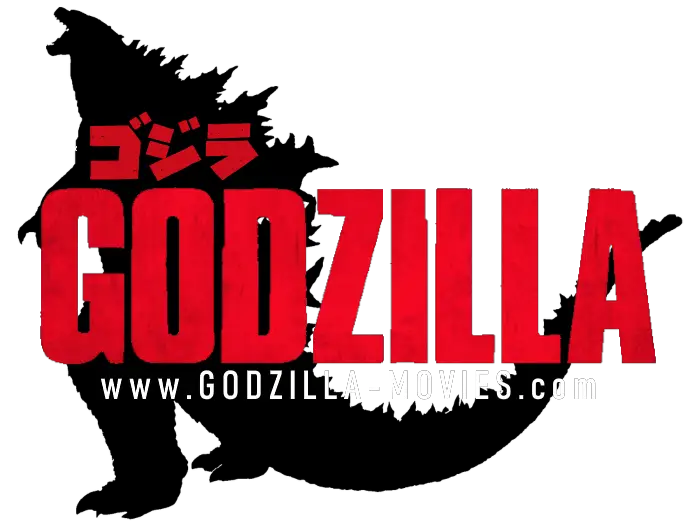Godzillatheking123
MemberBaragonMay-27-2019 10:12 PMSo with the big screen reappearance of King Ghidorah imminent, I thought it would be interesting to revisit the 1991 Godzilla vs King Ghidorah movie. That was one of the more popular Heisei era Godzilla movie and I like the Mecha Ghdiorah design. Still, I remember there was an outcry over the movie being Anti-American over scenes of Godzilla (in his pre-mutated state) stomping on some American soldiers in WW2.
Now Japan has always had a difficult time confronting its' wartime past, triggering controversies and tensions with neighboring Asian countries. The film was also made just after the height of US-Japan economic tensions in the 80's. But was the controversy over King Ghidorah and it's alleged Anti-American tone justified?

G. H. (Gman)
AdminGodzillaMay-28-2019 11:37 AMIt's really more about unchecked capitalism and unchecked nationalism than anything else. According to Ed Godziszewski, director Kazuki Omori has denied any anti-American sentiment and apparently been confused by the accusations.
His depiction of Pacific War combat doesn't particularly paint the U.S. Naval forces in a positive light, which may or may not speak to the socio-political climate in Japan that lead to where it is now. Of course Shusuke Kaneko targeted that topic in another King Ghidorah movie, exactly 10 years later.
Either way, I think Omori's depiction of the Pacific War is worth talking about. It certainly has a slant on it, whether he intended for it to be seen that way or not.
Godzillatheking123
MemberBaragonMay-28-2019 5:47 PMG. H. (Gman): All good points. I guess to some extent it is open to interpretation. But one certainly can see some resentment towards the US if they want to look for that, I suppose.

G. H. (Gman)
AdminGodzillaMay-28-2019 9:17 PMGodzillatheking123,
I think it mostly comes down to the idea that Shindo was a main character wanted us to sympathize with. In order to help set up Godzilla as a "heroic" figure against King Ghidorah and, later, Shindo's tragic end, he had to be painted as having a sort of bond with Godzilla. The best way to depict that, as far as Omori was concerned, was for Godzillasaurus to come to the rescue. And the only thing to rescue Shindo from was the American forces.
I think the resentment is there, but mostly at the expense of character work.

dk
MemberGodzillaMay-29-2019 5:14 PMLOL! People got upset over that? A few actors getting stomped in a movie is nothing to cry over compared to people of Japanese descent being held in internment camps around the same time. Some resentment is understandable imo. If people are offended, that is their problem.

G. H. (Gman)
AdminGodzillaMay-29-2019 6:19 PMdk,
I think the issue was less that people were upset and more that the movie was framing Japan as victims of a lost war. This is a problem since Japanese history books have omitted much of WWII for a very long time. In 1997 the Prime Minister pushed for a movement called the, Japanese Society of History and Textbook Reform. It paints Japan's involvement in the Pacific War in a more sympathetic light and omits many of their own atrocities, including comfort women and the Nanjing Massacre--An event that even made the Nazis wince.
While the internment camps are a regrettable part of our history, at least they remain a part of our history books. Japan, on the other hand, seems to want to omit their war-time atrocities that make the internment camps look like child's play. A few Godzilla movies have taken sides on this topic through vague terms.
The scene in question may be a symptom of that kind of mindset.
Godzillatheking123
MemberBaragonMay-29-2019 6:29 PMG. H. (Gman): Very good point. When seeing the film in isolation, it may be hard for some to understand why there would be allegations of Anti-Amercianism. But seen in the larger context of Japan's ambivalent attitude towards it's own conduct in WW2, then it makes a lot sense.
And on that note, Americans sometimes don't realize that neigboring Asian countries were subjected to the worse of the Japanese atrocities in the war. The Koreans, Chinese and Filipinos in particular were the victims of heinous acts by the Japanese military. So when they see wishy-washy attitude on the part of the Japanese government towards owning up to it's WW2 behavior, you can't blame them for feeling outraged and angry.






















